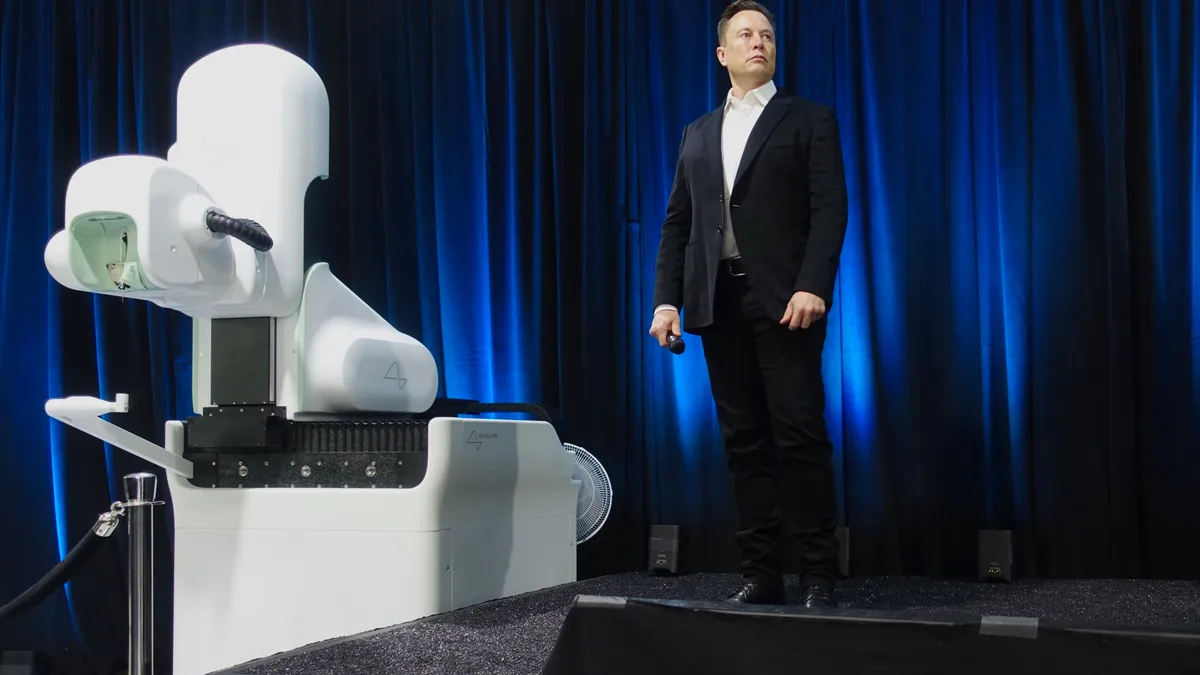Dive Brief:
- A former animal care employee for neurotechnology company Neuralink alleged the company engaged in pregnancy discrimination, breach of contract, failure to accommodate and retaliation in violation of California state laws, among other claims, according to court documents filed June 14.
- According to the complaint, Short v. Neuralink, Corp., Neuralink allegedly demoted the plaintiff after she raised concerns about potential safety violations. She claimed she was scratched multiple times by monkeys used in Neuralink experiments. The monkeys were allegedly carriers of Herpes B virus, a potentially fatal disease in humans.
- The plaintiff also claimed that Neuralink confronted her about legitimate time off requests to care for family. When she became pregnant and requested that Neuralink engage in an interactive process to determine potential reasonable accommodations, she alleged she was terminated soon after. She asked the California Superior Court for the County of Alameda for a jury trial. Neuralink did not respond to a request for comment.
Dive Insight:
Neuralink, founded by Elon Musk, has faced criticism in the past for its experimentation with monkeys and other live animals. In her suit, the employee alleged that while Neuralink had a duty to implement elevated levels of personal protective equipment protocols for employees interacting with its monkeys, it failed to provide adequate protection, such as reusable Tyvek sleeves that would have prevented certain skin exposure.
“However, in response to plaintiff’s complaint of unsafe working conditions and opposition to working under such conditions, defendants forced her to participate in the unsafe practice regardless of her complaints,” the plaintiff alleged. “Notably, the temporal proximity between plaintiff’s complaint and her subsequent termination proves that there is a strong causal link between the two instances.”
Neuralink joins almost every other Musk-led enterprise in facing legal action from at least one current or former employee, including SpaceX, X and Tesla. It is not the first time a lawsuit alleged discrimination against working parents at one of Musk’s companies, either. In March, a California district court allowed a former X employee’s sex discrimination claims to proceed after the court found that a social media post by Musk could have shown discriminatory intent toward women, specifically those with children.
The plaintiff in Short brought claims under several California state laws, but pregnancy anti-discrimination laws have received a boost at the federal level of late thanks to the Pregnant Workers Fairness Act. The PWFA took effect almost one year ago to the date, and it requires employers with 15 or more employees to provide reasonable accommodations to employees with known limitations related to pregnancy, childbirth and related medical conditions.














